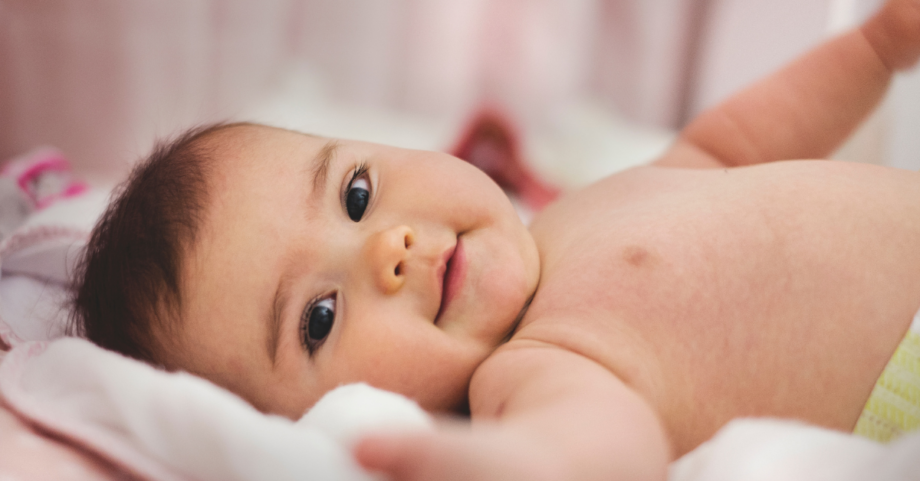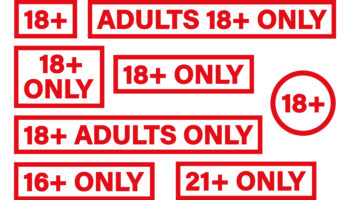To protect the children of the world who are taking more and more to the Internet for, well just about anything, the tech industry invented and implemented age assurance companies and software. Yoti (which Meta uses for age verification) and VerifyMyAge ask users to log in and identify their age, often by recording live video selfies while holding up their government ID and giving a face print. Facebook, Instagram, and TikTok use age-check software as well, as does Pornhub and online gaming sites.

It’s No Surprise Age That Verification Might Not Be All It’s Cracked Up To Be…But Is It A Whole Lot Worse?
While nobody could argue that protecting children from pornography, cyberbullying and sex trafficking is not a worthy cause, there continue to be questions of what we might be losing of our freedoms and privacy while trying to keep our kids from swiping and clicking where they shouldn’t.
How much should be known?
When one considers just what information could be downloaded—pictures, driver's licenses, state IDs, and other data—one could argue that age verification is amassing an immense database of stuff they simply should not have.
The question becomes, is the software disproportionatelyintrusive beyond the facts it needs to know?
Big Brother Watch makes the case that face prints are as potentially searchable as fingerprints and that “collecting biometric data of this scale inherently puts people’s privacy at risk.”And that risk could as much come from unscrupulous net hackers looking to use the information for further access into our lives, from the cyber breaches that seem to befall systems almost daily, and from just mishandling of sensitive information.
Concerns of accuracy
Beyond the privacy issue and what information could get hacked or sold, there is a question of how accurate age verification is and how easily it can be fooled.
Simply, it is hard for AI to detect age. As we have all seen and might be eternally envious of, some people (you lucky, good-looking so and so you!) simply do not look their age. Age-verification software often has a hard time with this interesting anonmolly of the human face.
And then there are plenty of people who do not physically present as the gender they identify as.
Then there are the deliberate attempts to fool age verification.
People also have been known to use other people’s profiles to log on, and fake IDs have been used by plenty of under 18-year-olds looking to look where they should not look
(“Oh no, not my kid!”).
And lastly, as Cody Venzke, a senior policy counsel at the American Civil Liberties Union (ACLU), told The Verge. “Because it’s so difficult to identify who’s a kid online, it’s going to prevent adults from accessing content online as well.” So maybe some adults will be kept from sites or their content erased simply because their age was inaccurately calculated.
Author Jonathan Zittrain said “We face paired dangers. The first is that our networks are successfully attacked. The second is that our fear of attack will cause us to destroy what makes the Internet special.” We don’t want to lose what we find special on the web as much as we want our kids protected as much as we can protect them.
So, what age are you…really? And who should know?



